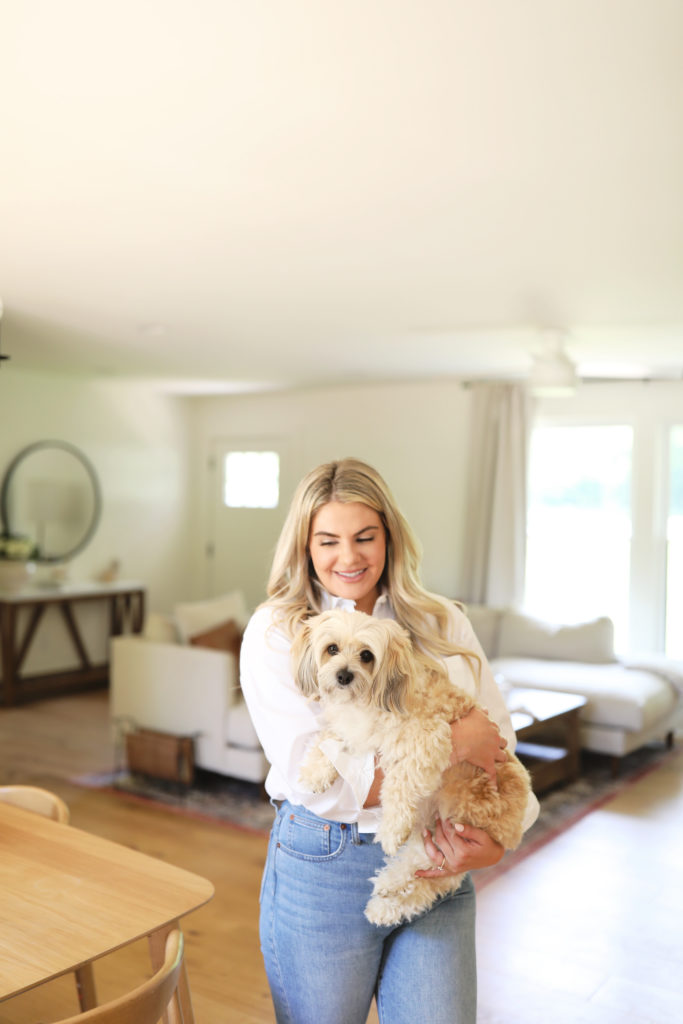The Habits That Can See Your Savings Building Much Quicker
Whether you’re trying to budget for the arrival of a new baby, a big vacation, building a deposit to buy a home, or otherwise, when you set a goal, there’s a lot that you can do to make it much more achievable. If you’re trying to hit a savings goal without changing your financial habits, you should expect limited success. Here, we’re going to look at some of the ways you can really start to beef those savings up.
Pay Yourself First
One of the most popular recent principles of budgeting and saving, to pay yourself first when you get your paycheck; you can make sure that you’re setting aside as much from your income as you need. Treating your savings like a non-negotiable bill and setting up automatic transfers to a savings or high-interest account can ensure that you’re able to stay consistent without much effort. Of course, you have to keep in mind that your remaining spending money is more limited as a result, but it can make sure that you’re not accidentally spending what you mean to set aside.
Save On Your Weekly Shop
We all need food to live. However, if you’re just shopping mindlessly, your groceries can be more of a drain on your budget than you might recognize. Start slimming your grocery costs by, for instance, checking the specials currently available at the grocery store near you, and concocting meal plans based on what’s currently on offer. You can also buy pantry staples in bulk and freeze your leftovers more often so that you can avoid having to buy groceries quite as often in the first place.
Take A Hatch To Your Silent Expenses
Modern service trends have seen a lot of us becoming much more reliant on subscription services, from streaming platforms to gym memberships, apps we use, and more. While you don’t need to get rid of those that you use regularly, these silent costs can eat away at your savings if you’re not careful. Take the time once a month to review your bank statements and, if you find any subscription services you’re not using anymore, take the time to cancel. Even small cuts can make a big difference in the long run.
Give Yourself 24 Hours Before Spending
Aside from the essential expenses, there are going to be things that call out to you, just begging you to buy them. Non-essential expenses, however, should be put on a waiting period, in general. Give yourself 24 hours before you make any purchases beyond the norm. If, in 24 hours, the urge to buy has passed, then you have saved money and avoided an unnecessary expense. If that urge is still strong, then you should allow yourself a treat now and then, but make sure you account for it in your budget going forward.
You don’t have ot treat your savings goal like a race if you’re going to have trouble staying consistent with it. However, the tips above can certainly ensure that you’re doing more than just the bare minimum.





